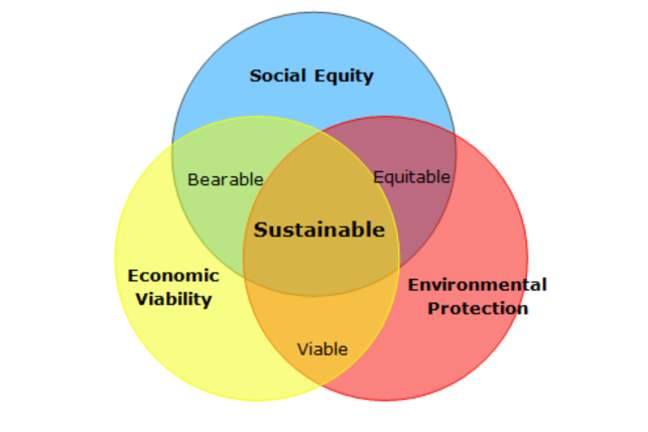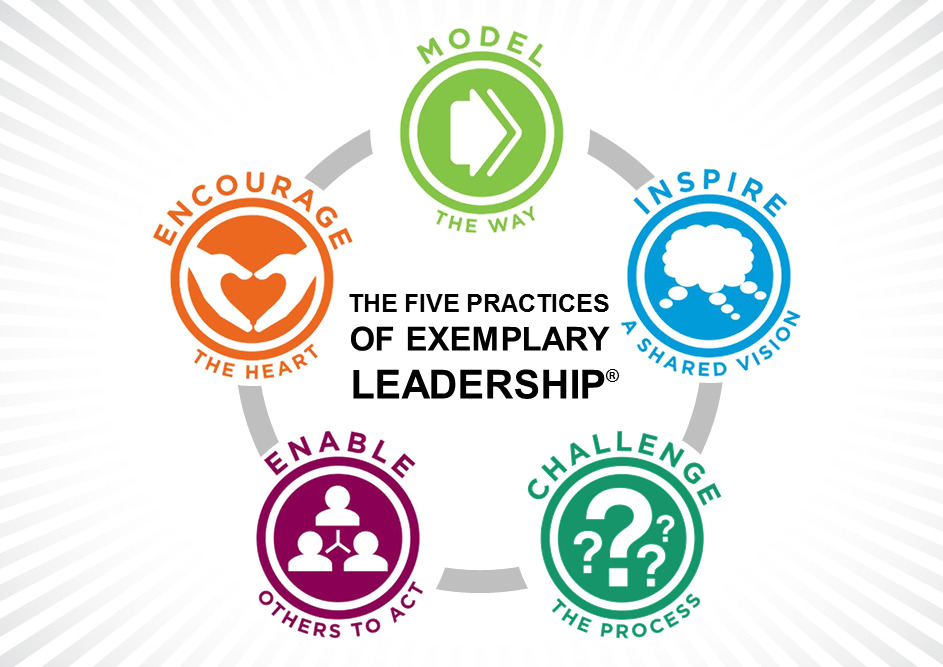Now more than ever, companies are putting more attention to innovation that make their products and services more competitive, thereby enable them to survive and flourish in the changeable and challenging global environment. Innovation is regarded as a key driver of competitive advantage in organizations. Innovation is defined as the first attempt to carry out a new creative idea, and translate it into practice. However, it isn’t easy; it’s a difficult and complex task. There are two primary factors influencing the success of innovation: technical resources (people, equipment, knowledge, money, etc.) and the abilities in the organisation to manage these resources to encourage innovations. Organisation is a kind of breeding ground for generating creative idea and capturing new opportunities. An innovative organisation has several key components: appropriate structure, effective team working, external focus, leadership, key individual, creative climate and etc. All the factors are absolutely essential. All innovative organisations needsContinue reading
Modern Management Concepts
What is Sustainability?
The interest in sustainability has grown over recent years and is shared among a variety of national and international organizations, special interest groups and corporations around the world. Sustainable business practices are becoming a worldwide business requirement. Some of the main sustainability requirements have been stated explicitly by many different organizations. A widely cited definition of sustainability is attributed to the United Nations Brundtland Commission and reads as follows: “meeting the needs of the present without compromising the ability of future generations to meet their own needs” (WCED, 1987). Another set of requirements describes the broader and more specific application of sustainability and can be seen in the ten principles of the UN Global Compact which was enacted in 1999. The ten principles establish a set of core values for organizations to follow and encourage those organizations adopting the principles to influence their partner organizations to subscribe to the principlesContinue reading
Emotional Quotient (EQ) Vs. Intelligence Quotient (IQ) – Which One Is More Important?
Intelligence is a term that is difficult to define, and it can mean many different things to different people. Intelligence is often defined as the general mental ability to learn and apply knowledge to manipulate your environment, as well as the ability to reason and have abstract thought. In education, Intelligence is defined as the ability to learn or understand or to deal with new or challenging situations. In psychology, it is the ability to apply knowledge to manipulate one’s environment or to think abstractly as measured by objective criteria; for example IQ test. It is thought from deriving a combination of inherited characteristics and environmental such as developmental and social factors. General intelligence is often said to comprise various specific abilities like verbal ability, ability to apply logic in solving problems. There are two types of intelligence quotients: emotional and intelligence quotient. Emotional intelligence or emotional quotient (EQ) isContinue reading
Emotional Intelligence and Leadership Challenges
Emotional intelligence skills provide developing leaders with an increased understanding of the impacts of emotions within a team or organization. Caruso and Salovey (2004) demonstrated the advantages EI has with respect to six common challenges in leadership: (a) building effective teams, (b) planning and deciding effectively, (c) motivating people, (d) communicating a vision, (e) promoting change, and (f) creating effective interpersonal relationships. Throughout Caruso and Salovey’s descriptions of the six challenges, they cited a connection with Kouzes and Posner’s Effective Leadership Practices Model. 1. Building effective teams The first challenge was building an effective team. Caruso and Salovey discussed the need for clarifying personal values before attempting to formulate team values. Like Kouzes and Posner’s model, Caruso and Salovey explained that leaders must identify their own values before clarifying team values. A significant level of trust is important for leading teams, and a leader must generate positive opportunities for meaningfulContinue reading
Relational Leadership Paradigm – Five Practices of Exemplary Leaders
Effective leadership is about creating reciprocal relationships between the leader and followers, subordinates, or constituents that in turn creates the foundation for organizational and group success. The Kouzes and Posner’s Five Practices of Exemplary Leadership Model has been noted for its contributions to the Relational Leadership paradigm. Kouzes and Posner (1987) conducted research in the area of “personal best” leadership experiences. They developed a “Personal-Best Leadership Experience” questionnaire, asked thousands of managers to complete the questionnaire, and conducted many follow-up interviews to gather additional information. The personal-best questionnaire asked managers to pick a project, program, or event that they characterized as their “personal-best” leadership experience. After analyzing the data collected from questionnaires and interviews, Kouzes and Posner found that despite the variety in situations and types of leadership experiences, similar patterns were identified related to actions taken by the leaders during the experience. Through the analysis process they identified “FiveContinue reading
Three Models of Emotional Intelligence
The emotional intelligence field is a very new area of study in psychological research. The definition therefore is varied and is constantly changing. It was only in 1990 that Salovey and Mayer came up with the first published attempt in trying to define the term. They defined emotional intelligence as the ability to monitors one’s own and other feelings and emotions, to discriminate among them and to use this information to guide ones thinking and actions. Emotional intelligence to a larger extent involves “emotional empathy” which is the ability to concentrate on one’s emotions and recognize mood both of themselves and others. It further describes how well one is able to adapt to various life challenges like stress and difficult incidences. It also involves the ability balance “honest expression of emotions against courtesy, consideration and respect”. This would obviously involve possession of some level of good social and communication skills.Continue reading




